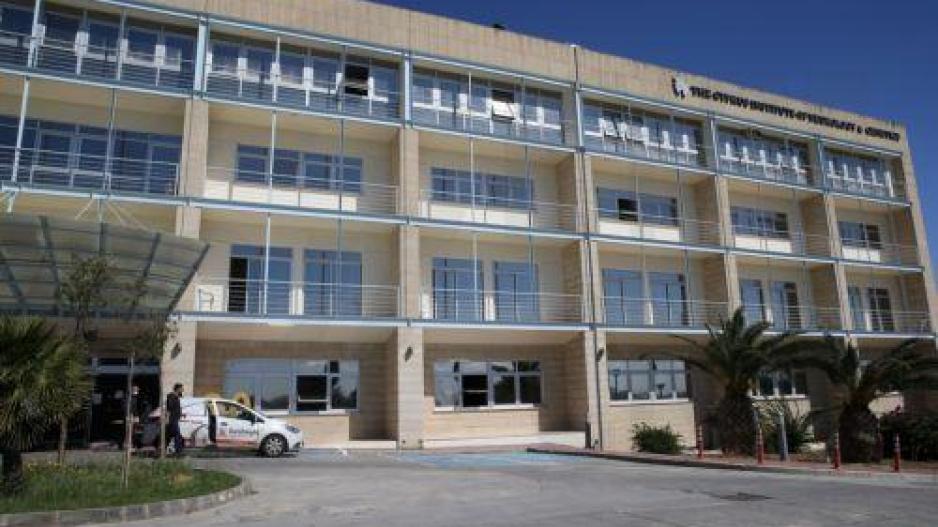CING Identifies High Cancer Risk Through Testing
The Institute Uses Molecular Tests for Early Detection.
The Cyprus Institute of Neurology and Genetics (CING) actively participates in the clinical investigation of cancer heritability and conducts significant research in this field. For the first time, with the help of molecular testing, they have identified individuals with a notably higher risk of developing breast or ovarian cancer.
According to CING, October is the awareness month for breast cancer. This year marks 30 years since the discovery of the BRCA1 gene (BReast CAncer gene 1) in October 1994, directly linked to an increased risk of breast and ovarian cancer. Since then, other genes like BRCA2 and PALB2 have been discovered, also affecting the risk of breast cancer.
Genes are DNA segments containing instructions for creating proteins that perform vital functions in the body. They are inherited from parents and are encoded in a "code" consisting of A, T, C, and G. Sometimes, changes in this genetic code (genetic variants) can affect gene function.
For the first time, molecular tests enabled the Institute to identify individuals at significant risk of developing breast or ovarian cancer.
In collaboration with healthcare professionals, CING provides specialized support and guidance, helping people make informed decisions on managing risk, such as through increased monitoring, earlier screenings (compared to the general age limit), risk-reducing surgeries, and personalized treatments.
However, genetic testing is not recommended for the general population but rather for groups that meet specific criteria, especially when there are indications warranting an investigation of possible hereditary risk.
CING’s diagnostic services include genetic testing to detect predispositions for various cancers, including breast and ovarian cancer, following genetic counseling.
The Clinical Genetics Department offers genetic counseling services to individuals with potential hereditary risks.
The Biostatistics Unit is also conducting notable research to detect new genetic factors contributing to the increased risk of breast and ovarian cancer.
Additionally, the Department of Cancer Genetics, Therapeutics, and Ultrastructural Pathology actively participates in international research to discover innovative therapeutic approaches for cancer treatment, utilizing a range of applications and methodologies, with significant benefits for patients and society as a whole.






